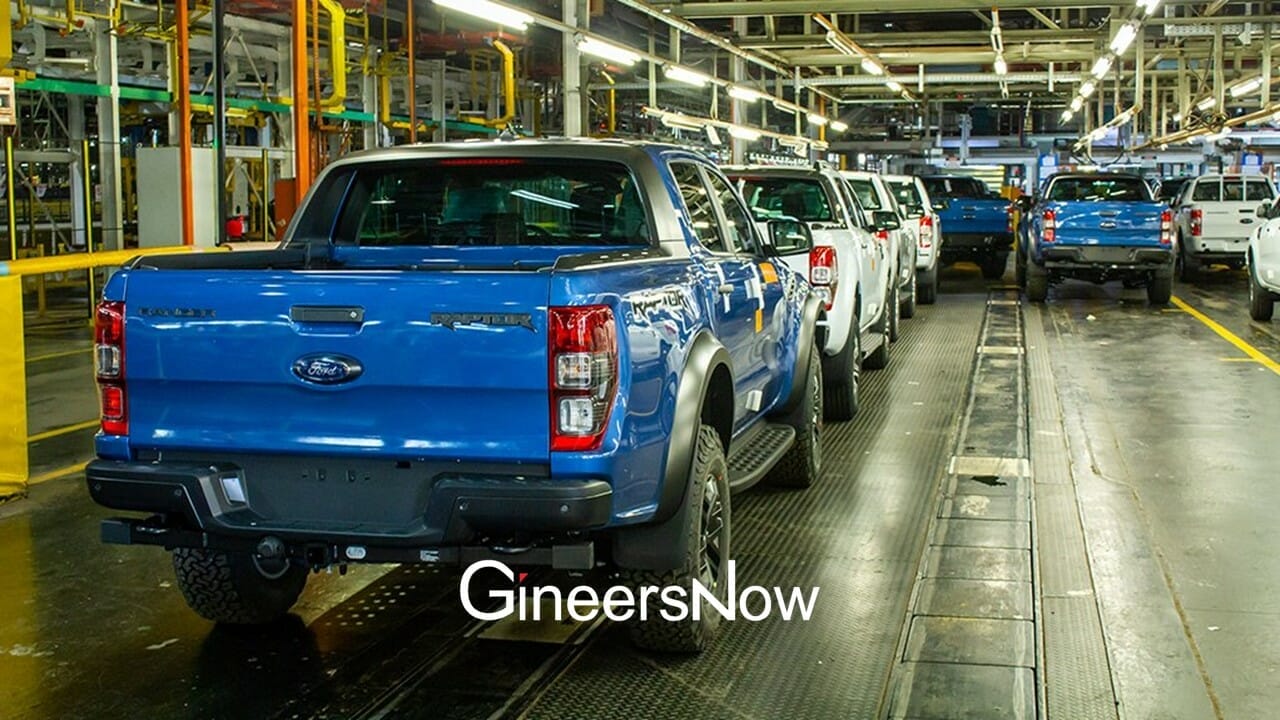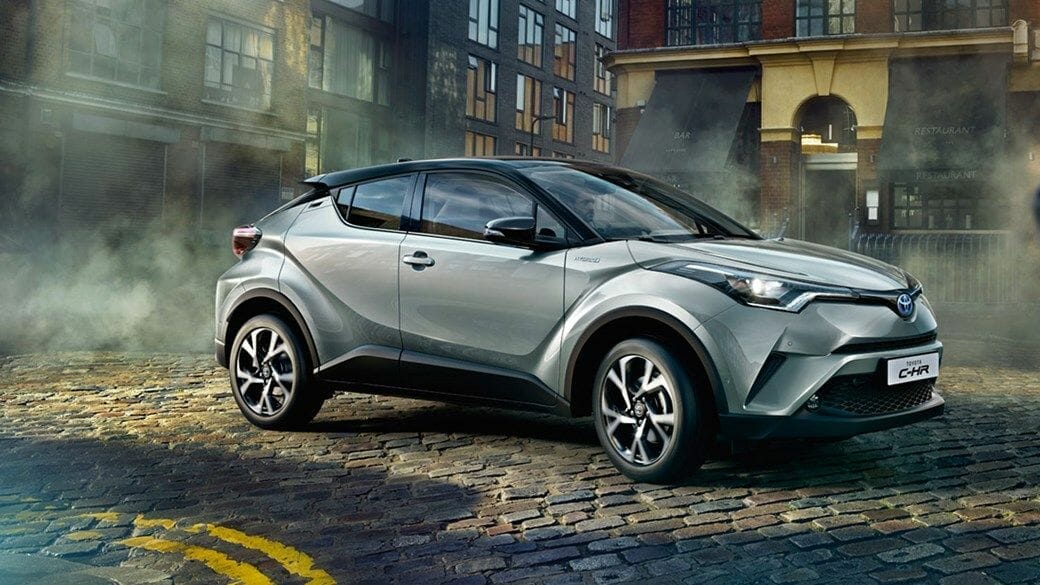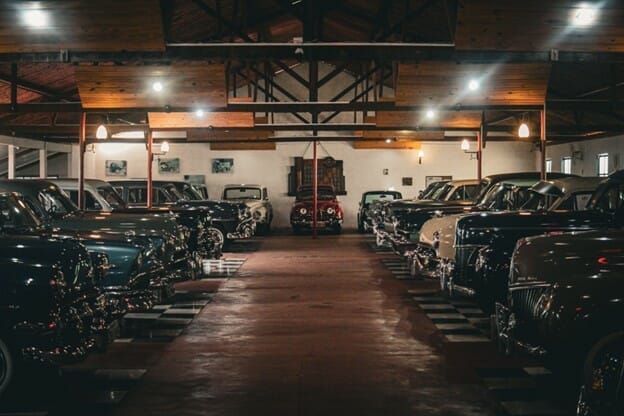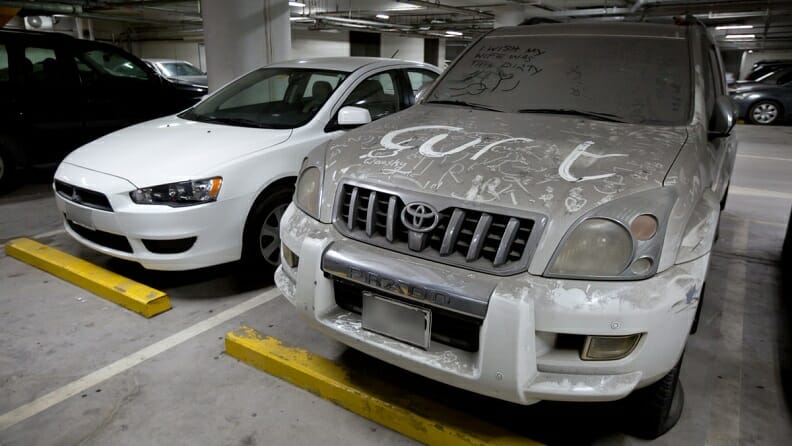Almost every driver may, at least in their lifetime, encounter the problem of their car engine stalling when hot. Typically, the issue does not turn out to be serious if diagnosed early and tackled. However, sometimes it is such a challenge to get the hang of the problem’s roots quickly.
With that in mind, we are here to give you a comprehensive guide about the common causes of the car stalling when the engine is hot and the most straightforward solutions that you can follow. So let’s take a look at it!
Common Causes Of Car Engine Stalling When Hot
Commonly, there are a host of factors that can impact your car’s operation once the engine is hot. Generally, they can include wrongly adjusted specifications or the lack of regular maintenance.
1. Improperly adjusted specifications
For internal combustion engines running on gasoline fuel, the timing of ignition, as well as the ratio of compressed air mixture, will significantly affect the capacity of the vehicle. Thus, wrongly adjusting this ratio will significantly affect the engine operation and lead to overheating.
For example, the standard air mixture ratio is 1/15, which means that 1 gram of gasoline will need 15 grams of air. If it is changed to 1/11 or 1/18, the standard specifications of a car engine are modified, which explains why the car engine stalls once hot.
Also, for diesel-powered cars, the incorrect adjustment of the high-pressure pump in the timing and injection flow will possibly make the car engine overheat and release back fumes. An overheated diesel engine can be the potential cause of irritating stalling problems.
Lack of regular vehicle maintenance
If the owners do not regularly do maintenance for their cars, it will give rise to some parts being worn out, corrosive, wrongly lubricated, etc. This eventually brings about some problems for their cars, especially the car stalling problem when the engine is overheated.
Here are some common parts in your vehicle that you should pay attention to and have serviced or replaced to avoid your vehicle engine stalling when warm.
♦ Faulty cooling system: The malfunctioned cooling system may have difficulty quickly transferring the combustion-heated gas to the cooling chamber, resulting in the engine components not operating correctly and smoothly.
♦ Bad thermal valve: The thermal valve regulates water passing through the cooling tank, thereby reducing the engine heat. If the valves are out of order, the water to cool the engine will be transferred slowly, impacting the heat transfer process and causing an overheated engine.
♦ Dirty cooling water tank: If the cooling water tank is too dirty or clogged with dirt because it is not cleaned regularly, it will cause limited heat dissipation, making the engine too hot and work improperly.
♦ Defective or broken fan: The fan works with the radiator and valve to cool the heated engine during the vehicle operation. Hence, if the fan is damaged, the engine’s cooling efficiency is reduced, accounting for the car engine not running well when too heated.
♦ Insufficient engine oil: Lubricants lubricate engine components, filter dirt, and minimize friction between pistons and cylinders. Thus, unless the oil is changed or checked regularly, the engine has to work quickly and overheat.
Instructions To Tackle The Engine Stalling When Hot
When encountering the problem of a vehicle engine stalling when hot, you could check for any Technical Service Bulletins (TSBs), which may be issued by the producer to help you quickly detect the problems that they have figured out and post a fix for.
Hence, just a few minutes looking through Technical Service Bulletins can spare you many hours of trying to diagnose the problems. If your vehicles are up-to-date models, you need to reflash the power-train control module (PCM ) instead of replacing other things.
Besides, you should use a scan tool and look into the history codes or pending codes even when the Malfunction Indicator Lamp (MIL) is not on (it can be due to the faulty lamp). Besides, inspecting the sensor inputs to the PCM once the engine is idling when it is warm could shed light on the problems.

In the worst circumstance, when you cannot work out the causes of the problem, you can resort to the mechanical. If you encounter a stalling problem on the road, you can ask for help from the traffic rescue teams.
In A Nutshell
As can be seen, the problem of a car engine stalling when hot can be attributed to many causes. But if you pay close attention to your car, especially the components mentioned in this article, it does not take you a lot of time and effort to address the problem.
Also, for your vehicles to work well, you need to have them regularly serviced. Remember that it is always easier to take steps to prevent your vehicle engine from stalling once hot than to deal with the problem when it arises. Simply, prevention is better than cure!













